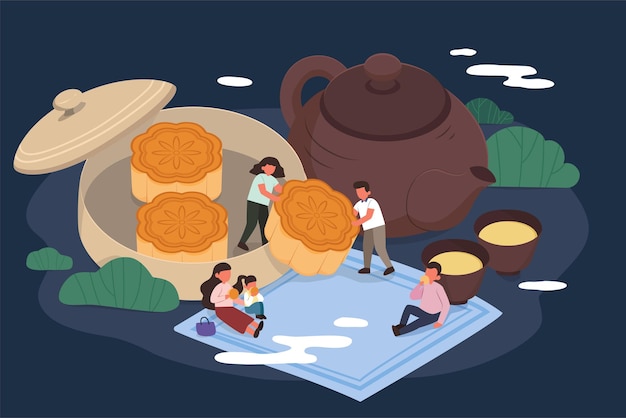
Building up your savings can be a challenging task, particularly when finances are tight. However, having the stability of a well-established savings buffer can lead to long-term rewards. It serves as a safety net in case of a recession or any unexpected emergencies. In this article, we will discuss several savings strategies to guide you in reaching your financial milestones.
Why is it essential to have a savings strategy? There are several crucial reasons:
Financial Security: A well-planned savings strategy provides a financial safety net. Having some savings set aside can shield you from unforeseen expenses such as sudden job loss, health crises, or vehicle repairs.
Emergency Preparedness: A savings buffer facilitates emergency preparedness. Having the ability to tap into your savings during unanticipated events means you can manage them without needing to resort to credit cards or loans.
Goal Achievement: Whether you’re planning to buy a house, initiate a business, or embark on a dream holiday, a savings strategy guides you closer to your financial objectives. It lays down the means to turn your dreams into reality.
Peace of Mind: Knowing you have savings prepared offers financial relief and reduces economic stress. It gives you peace of mind and allows you to give attention to other areas of your life.
Independence and Freedom: Having savings allows for financial liberation. Money set aside gives you the chance to make choices that suit your needs, not based on pressing financial limitations.
6 UNEXPLORED STRATEGIES TO BEGIN SAVING NOW
Building a strong savings foundation is all about making subtle but effective changes. The following are six techniques to commence saving instantly.
AUTOMATE TRANSFERS
By automating your savings plan, you ensure you’re siphoning part of your earnings every month without the need to remember to transfer. This can be beneficial when your savings are allocated to particular targets like building an emergency fund or saving for a holiday.
Almost every bank offers automatic transfers between your checking and savings accounts. You can decide the amount, frequency, and destination of money transfers. Interestingly, you can split your direct deposit so that part of each paycheck is directly channeled into your savings account. The pay-off—you won’t have to remember it and there’s less likelihood you’ll spend the money on other stuff.
CUT DOWN ON RESTAURANT EXPENSES
An effective way to save more is reducing the cost spent in restaurants as preparing meals at home is often less expensive. When you do eat out, try to limit the number of times or allocate a handful of restaurant meals in your monthly budget.
Moreover, you can choose to share a main course with your co-diner, select starters, or even skip beverages and desserts at the restaurant, and have them at home instead to save more.
ADOPT THE 30-DAY RULE IN BUYING
The 30-day savings rule is a straightforward strategy that helps you control your spontaneous spending, thus boosting your savings. It implies waiting for a month after spotting an item you fancy before making the purchase.
ONLINE SHOPPERS’ TIP: Add the item to your cart and then reconsider after some time. If 30-days sounds too long, try a 24- or 48-hour wait time instead.
LOWER YOUR ENERGY BILLS
Typically, there are numerous uncomplicated strategies to cut costs on utilities. However, it is crucial to be aware of how your household consumes energy. Simple changes in your energy habits can lead to significant annual savings on your electricity bill.
Consider reinforcing any heat leaks in your house, using smart power strips, switching to energy-saving appliances, or installing a smart thermostat. Even marginal reductions in your monthly power consumption can lead to significant savings over time.
PAY OFF YOUR HIGH-INTEREST DEBTS
Deciding between saving money or paying off debt can be taxing. Debt payments can significantly impact your overall budget. By paying off high-interest debts speedily via extra payments, you’ll reduce overall interest and relieve yourself of the burden faster.
Once you’ve cleared a debt, you can start saving that money instead. If your income is low, think about taking up an additional job to earn extra money to repay your debts.
TRY A MONTH WITHOUT UNNECESSARY SPENDING
Challenge yourself to a month without spending money on non-essentials. This means cutting out all unnecessary expenses and living thriftily. The only money you spend is on things you need for that month.
Having clear rules from the start (what you will and won’t buy) and someone to hold you accountable (like a friend taking the challenge with you), will make the challenge easier.
TO WRAP UP
Having a robust savings foundation is critical for your financial well-being. It offers security, freedom, protects against unexpected expenses, and is the key to achieving your financial objectives.
Test out the provided strategies to figure out which best matches your lifestyle and financial goals. Remember, saving requires a gradual process where minor adjustments can lead to significant results over time, instilling good money habits into your way of life.


